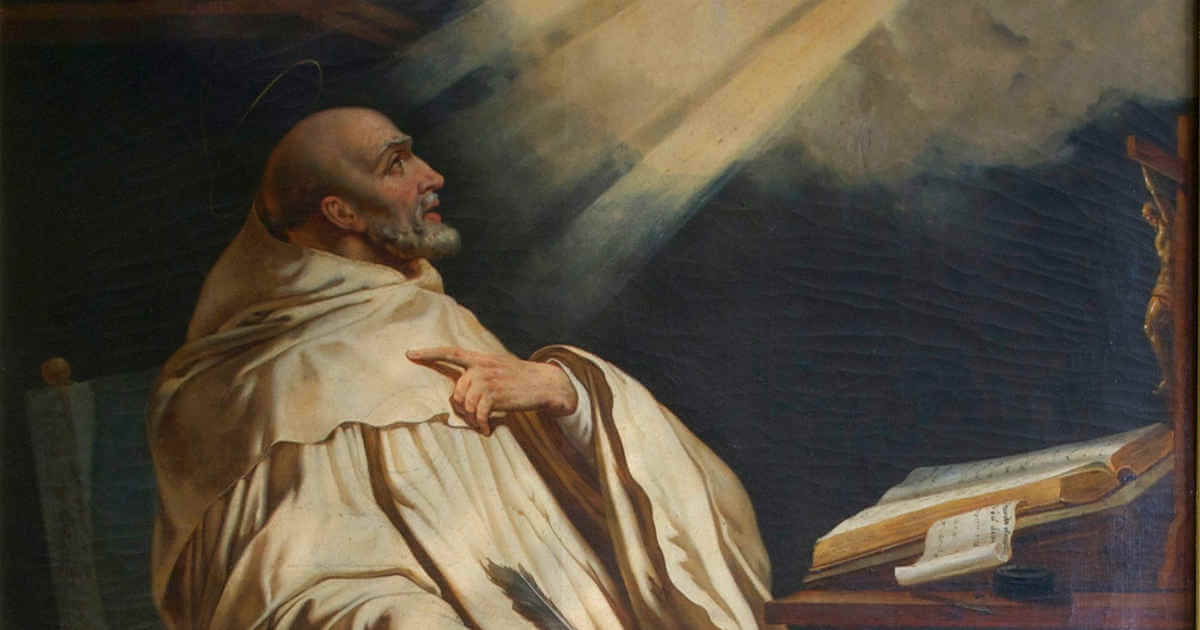Reflection for SATURDAY, 20th Week, Ordinary Time.
By

Fr. Aloysius Santiago sdb
Director, Social Action Movement, Don Bosco Bidar
Today's Gospel Reading
Matthew 23:8-12
“But you are not to be called ‘Rabbi,’ for you have one Teacher, and you are all brothers. And do not call anyone on earth ‘father,’ for you have one Father, and he is in heaven. Nor are you to be called instructors, for you have one Instructor, the Messiah. The greatest among you will be your servant. For those who exalt themselves will be humbled, and those who humble themselves will be exalted.

Today's Reflection
To get people’s attention and admiration is certainly something quite desirable.
But to get people’s respect, that is another matter.
Respect from others cannot be demanded nor gained by monetary means.
Respect is to be earned, but it is not by achieving something great or doing something extraordinary.
People are respected for doing ordinary things in simple and humble ways.
What Jesus taught in today’s gospel should always be in our hearts and minds as He says this:
“The greatest among you must be your servant. Anyone who exalts himself will be humbled, and anyone who humbles himself will be exalted.”
There is no need to go looking for respect from others.
In being humble and simple, they will respect us for who we truly are.
And God loves those who are humble and simple of heart.
Saint of the day

Saint Bernard of Clairvaux
Man of the century! Woman of the century! You see such terms applied to so many today—“golfer of the century,” “composer of the century,” “right tackle of the century”—that the line no longer has any punch. But Western Europe’s “man of the twelfth century,” without doubt or controversy, had to be Bernard of Clairvaux. Adviser of popes, preacher of the Second Crusade, defender of the faith, healer of a schism, reformer of a monastic Order, Scripture scholar, theologian, and eloquent preacher: any one of these titles would distinguish an ordinary man. Yet Bernard was all of these—and he still retained a burning desire to return to the hidden monastic life of his younger days.
In the year 1111, at the age of 20, Bernard left his home to join the monastic community of Citeaux. His five brothers, two uncles, and some 30 young friends followed him into the monastery. Within four years, a dying community had recovered enough vitality to establish a new house in the nearby valley of Wormwoods, with Bernard as abbot. The zealous young man was quite demanding, though more on himself than others. A slight breakdown of health taught him to be more patient and understanding. The valley was soon renamed Clairvaux, the valley of light.
His ability as arbitrator and counselor became widely known. More and more he was lured away from the monastery to settle long-standing disputes. On several of these occasions, he apparently stepped on some sensitive toes in Rome. Bernard was completely dedicated to the primacy of the Roman See. But to a letter of warning from Rome, he replied that the good fathers in Rome had enough to do to keep the Church in one piece. If any matters arose that warranted their interest, he would be the first to let them know.
Shortly thereafter it was Bernard who intervened in a full-blown schism and settled it in favor of the Roman pontiff against the antipope.
The Holy See prevailed on Bernard to preach the Second Crusade throughout Europe. His eloquence was so overwhelming that a great army was assembled and the success of the crusade seemed assured. The ideals of the men and their leaders, however, were not those of Abbot Bernard, and the project ended as a complete military and moral disaster.
Bernard felt responsible in some way for the degenerative effects of the crusade. This heavy burden possibly hastened his death, which came August 20, 1153.
Saint Bernard of Clairvaux, pray for us.
GOD BLESS YOU
Good morning. Have a nice day.
